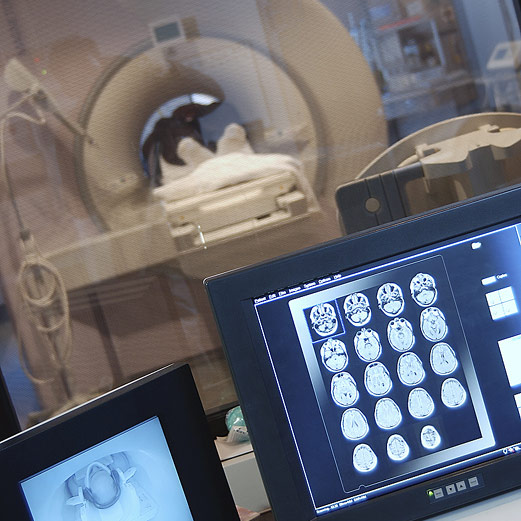
Here are some of the latest health and medical news developments, compiled by the editors of HealthDay:
Medicare Chief Steps Down
Medicare chief Don Berwick will step down Dec. 2 after his confirmation was blocked by Senate Republicans, the White House announced Wednesday.
The Harvard professor was the point man for carrying out the Obama administration’s health care law and was widely respected for his ideas on how to improve the health care system, the
Associated Press reported.
However, Berwick’s widely cited praise of Britain’s government-run health care system stirred the ire of some Republican senators, the AP said. He later said that he was not advocating the United States copy the British system, but this did little to assuage critics.
White House deputy press secretary Jamie Smith praised Berwick for his “outstanding work” and condemned the Republicans for “putting political interests above the best interests of the American people.”
Berwick’s position will be taken by his principal deputy Marilyn Tavenner, a former Virginia health official who has been at Medicare since early last year, the AP reported.
—–
New Insomnia Drug Approved by FDA
The first insomnia drug for people who wake in the middle of the night and then have trouble getting back to sleep has been approved by the U.S. Food and Drug Administration.
Intermezzo (zolpidem tartrate sublingual tablets) should only be used when a person has at least four hours of bedtime remaining and should not be taken with any other sleep aids or if a person had consumed alcohol, the FDA said.
Zolpidem tartrate was first approved in 1992 in the United States under the brand name Ambien. Intermezzo is a lower dose formulation of zolpidem.
The recommended and maximum doses are 3.5 milligrams for men and 1.75 mg for women, taken once per night. The dose is lower for women because their bodies take longer to clear the drug.
The approval was based on two clinical trials involving more than 370 patients. Patients who took the drug fell back to sleep quicker than those who took a placebo. Headache, nausea and fatigue were the most common adverse side effects reported by patients taking Intermezzo, the FDA said.
Intermezzo is made by California-based Transcept Pharmaceuticals Inc.
——
New Baseball Deal Limits Players’ Use of Smokeless Tobacco
Major League Baseball’s new contract limits players’ use of smokeless tobacco but doesn’t ban it during games.
Players won’t carry tobacco packages and tins in their back pockets or use tobacco during pregame/postgame interviews or at team functions, according to a baseball union summary obtained by the Associated Press.
But the deal does not ban the use of chewing tobacco during games, something that was called for by public health groups and others who said a ban would protect impressionable children watching games on TV.
“Our members understand that this is a dangerous product, there are serious risks associated with using it,” union head Michael Weiner told the AP. “Our players felt strongly that those were appropriate measures to take but that banning its use on the field was not appropriate under the circumstances.”
—–
Baseball Players Will be Tested for Human Growth Hormone
Professional baseball players will be tested for human growth hormone beginning next spring.
Under the new Major League Baseball contract, each player will have a blood test for HGH in spring training, but the testing will not continue during the regular season. It will resume after the season ends, The New York Times reported.
Owners and players will then decide whether to conduct HGH testing during the 2013 regular season.
HGH, which cannot be legally used without a prescription, can help athletes recover quickly and build muscle mass, according to experts. Over the past decade, dozens of baseball players have been tied to HGH, The Times reported.
Major League Baseball will be the first professional sports league in North America to test players for HGH.
—–
Low Levels of Arsenic Common in Apple Juice: FDA
Low levels of the toxic heavy metal arsenic were found in most samples of apple juice tested by the U.S. Food and Drug Administration, according to new data released by the agency.
The FDA said 95 percent of the 160 apple juice samples collected between 2005 and 2011 had arsenic levels below 23 parts per billion (the agency’s “level of concern”), and nearly 88 percent of the samples had levels less than 10 ppb, ABC News reported.
Eight samples of apple juice contained high levels of arsenic.
The FDA said it has increased its monitoring of arsenic levels in apple juice and will continue to collect samples for analysis. The agency also plans to establish what level of arsenic is considered safe and will be able to take action against juice makers who fail to meet that standard, ABC News reported.
—–

